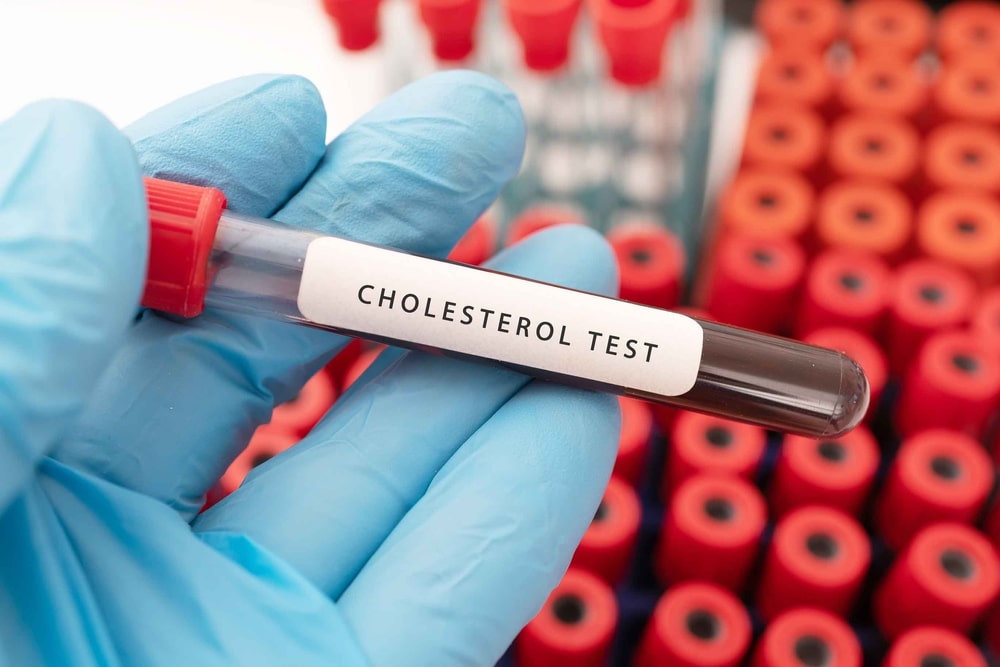Guarding your well-being is like safeguarding a treasure chest, and this principle is especially valuable for men in their 20s and 30s. As youthful individuals, it’s often effortless to overlook the importance of good health, yet building a bedrock of preventative measures is indispensable to ensure a bright and thriving future. Consistent health check-ups play a pivotal role in detecting potential concerns at their inception, empowering you to make wise choices about your overall welfare. Within the following text, we’ll delve into eight vital health screenings that men in their 20s and 30s ought to contemplate.
Blood Pressure Measurement
Hypertension, or high blood pressure, often has no noticeable symptoms but can lead to serious health problems if left unmanaged. Regular blood pressure checks are simple yet vital for young men. The American Heart Association recommends checking your blood pressure at least once every two years. If your numbers are consistently high, your doctor may recommend more frequent monitoring and lifestyle changes.
Cholesterol Testing
Regularly monitoring your cholesterol levels is like safeguarding your heart’s future, where genetics and lifestyle choices intertwine, making it essential for individuals to heed the American Heart Association’s advice on cholesterol testing frequency.

Body Mass Index (BMI) Assessment
Calculating your BMI, a fundamental metric for assessing the correlation between your weight and height, provides an essential initial assessment of your weight, yet it’s essential to bear in mind that it doesn’t consider factors such as muscle mass. A BMI exceeding 25 denotes excess weight, while a BMI surpassing 30 signifies obesity. Maintaining a balanced weight is not just a choice but a lifeline, as a higher BMI can open the door to a host of health concerns, such as diabetes, heart conditions, and specific forms of cancer. Vigilantly monitoring your BMI and consulting with a healthcare expert as necessary is the cornerstone of your long-term health and vitality.
Diabetes Screening
The rising prevalence of diabetes on a global scale underscores the imperative for vigilant health monitoring, impacting males across all age groups. Consistent diabetes screenings, particularly for those harbouring risk factors like familial diabetic history, obesity, or a sedentary way of life, remain imperative. In alignment with guidance from the American Diabetes Association, individuals aged 45 and beyond are advised to partake in a blood glucose assessment every three years. Nevertheless, commencing vigilance over one’s blood sugar levels in their twenties stands as a wise decision, given that early, proactive lifestyle modifications carry the promise of preventing or lessening the risk of diabetes.
Testicular Cancer Self-Exams
Detecting testicular cancer is vital, especially for young men aged 15 to 34, as it ranks as the most prevalent cancer in this age group. Employing self-examinations as a straightforward method for early issue identification can make a significant difference. To conduct a testicular self-exam, delicately roll each testicle between your fingertips, searching for any unusual lumps or alterations in size and form. In the event of spotting any irregularities, it is strongly advisable to seek immediate medical guidance. Young men are encouraged to perform these self-exams on a monthly basis, ideally right after a warm shower when the scrotum is in a relaxed state.

Prostate Cancer Screening
Prostate cancer, though typically associated with older men, demands the attention of those in their 20s and 30s, urging them to be vigilant about risks and potential symptoms. Employing tools like prostate-specific antigen (PSA) blood tests and digital rectal exams (DREs) can aid in early detection, yet the necessity for routine screening hinges on personal risk factors, familial medical history, and candid dialogues with your healthcare provider. Engaging in these discussions is pivotal to charting the optimal screening regimen for your unique circumstances.
Sexually Transmitted Infection (STI) Testing
STIs, such as chlamydia, gonorrhoea, and syphilis, are on the rise, especially among young adults. Regular STI testing is crucial for sexually active men in their 20s and 30s. The frequency of testing may vary depending on your sexual activity and risk factors, but it’s essential to be proactive in managing your sexual health.
Skin Cancer Screenings
Shielding your skin from the sun’s harmful rays is a vital practice in preventing skin cancer, which ranks high among the prevailing malignancies in younger generations; thus, maintaining vigilant sun protection measures is crucial.
Conclusion
Proactively steering your well-being ship in your 20s and 30s charts a course for a robust future. Embrace routine health screenings, illuminating potential concerns while there’s ample time to fine-tune your health journey. Forge a candid connection with your healthcare partner to craft a tailor-made screening strategy, one that aligns with your unique needs and vulnerabilities. Don’t dally for symptoms to beckon; instead, take the helm of your health, investing in a flourishing future.
Read More:- Calendula Flower: A Flowing Plant Aiding In Restoring Skin Health!
Read More:-Exploring the Multifaceted World of Tea: Unearthing Its Unexpected Effects
